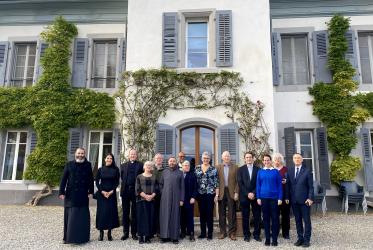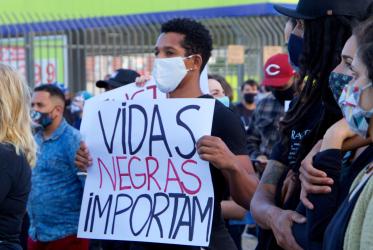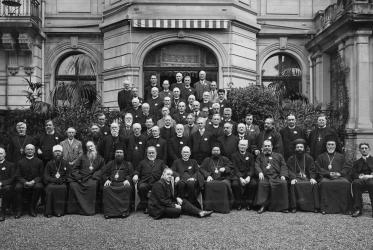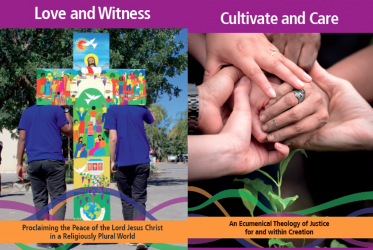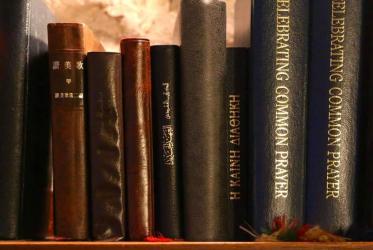Displaying 1 - 20 of 33
Towards a Global Vision of the Church Volume I
Explorations on Global Christianity and Ecclesiology, Faith and Order Paper 234
14 November 2022
Seek Peace and Pursue It: PJP Series 4
Reflections on the Pilgrimage of Justice and Peace in Europe
22 August 2022
Towards an Ecumenical Theology of Companionship: PJP Series 3
A Study Document for the Ecumenical Pilgrimage of Justice and Peace
19 August 2022
Called to Transformation - Ecumenical Diakonia
09 June 2022
WCC pre-Assembly consultation on Overcoming Racism, Racial Discrimination and Xenophobia
06 - 10 December 2021
Geneva, Switzerland
Churches and moral discernment: A series of three webinars by WCC Faith and Order Commission
29 April - 15 June 2021
Online-By registration only
Webinar: “Anglican-Orthodox Dialogue: History, Results, Reception”
09 March 2021
Online-By registration only
WCC webinar “Common witness on environmental justice and religious pluralism”
18 February 2021
Online-By registration only
Webinar - "The role of bilateral dialogues within the one ecumenical movement: experience and results"
27 October 2020
https://www.oikoumene.org/live
